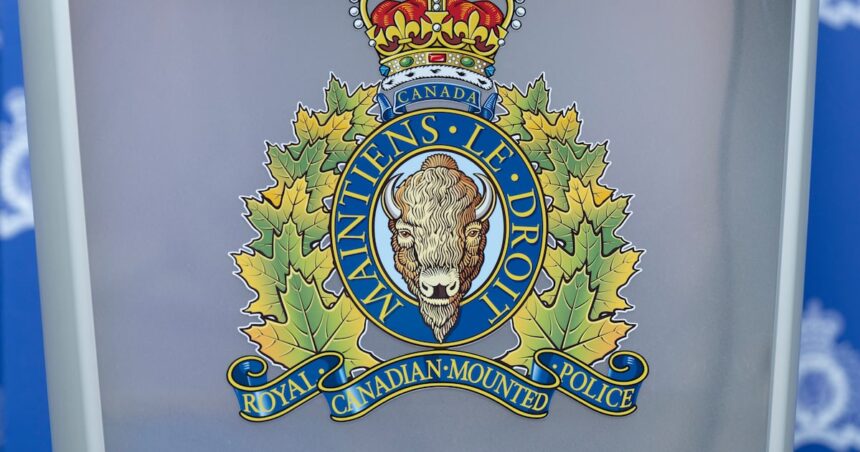The tranquil summer landscape of Newfoundland’s western region transformed dramatically this week as an aggressive wildfire erupted near the communities of Howley and Deer Lake, forcing officials to declare a state of emergency. The blaze, which began Thursday and rapidly expanded to consume over 120 hectares of forest, has triggered evacuations and mobilized firefighting resources from across the province.
“We’re dealing with volatile conditions and unpredictable wind patterns that are challenging our containment efforts,” said Jason Janes, Provincial Forest Fire Duty Officer with Newfoundland and Labrador’s Forestry Department. “This fire is currently classified as out of control, and our primary focus remains public safety.”
The wildfire’s rapid growth prompted emergency measures including the evacuation of cabins along South Brook Road and the closure of a key section of the Trans-Canada Highway between Deer Lake and Corner Brook. Local authorities established an emergency operations center at the Hodder Memorial Recreation Complex in Deer Lake to coordinate response efforts and provide shelter for displaced residents.
Provincial officials have deployed all available resources to combat the blaze, including water bombers, helicopters equipped with water buckets, and ground crews working in challenging terrain. The Department of Forestry indicated that additional firefighting personnel have been requested from neighboring provinces as containment operations intensify.
Mayor Dwayne Parsons of Deer Lake expressed concern about the wildfire’s proximity to populated areas during an emergency council meeting Friday morning. “Our community has experienced wildfire threats before, but the speed of this fire’s advancement is particularly concerning,” Parsons noted. “We’re asking residents to remain vigilant and prepared to evacuate if directed.”
The Canada News section of our website has previously reported on the increasing frequency of wildfires in Atlantic Canada, with climate scientists pointing to rising temperatures and changing precipitation patterns as contributing factors. Last summer, Newfoundland experienced multiple significant wildfires, though none reached the scale of major conflagrations seen in western provinces.
Weather conditions remain a critical factor in the firefighting effort. Environment Canada forecasts indicate temperatures in the mid-20s Celsius with moderate humidity levels expected over the weekend, potentially offering some relief. However, shifting wind conditions could complicate containment strategies.
Provincial authorities have issued air quality advisories for communities downwind of the fire, with smoke visible from considerable distances. Health officials advise vulnerable populations, including those with respiratory conditions, to take appropriate precautions and limit outdoor activities when smoke is present.
The economic impact of the wildfire extends beyond the immediate emergency response. Tourism operations in western Newfoundland face disruption during the critical summer season, while commercial transportation routes require detours around closed highway sections.
As CO24 News continues to monitor this developing situation, residents are encouraged to follow official channels for evacuation updates and emergency information. The provincial government has established a dedicated information line for those seeking details about affected areas and available support services.
As Newfoundland faces this latest environmental challenge, questions emerge about the province’s long-term wildfire management strategy: How might evolving climate patterns reshape emergency preparedness protocols for a region historically less affected by major wildfires than Canada’s western provinces?










